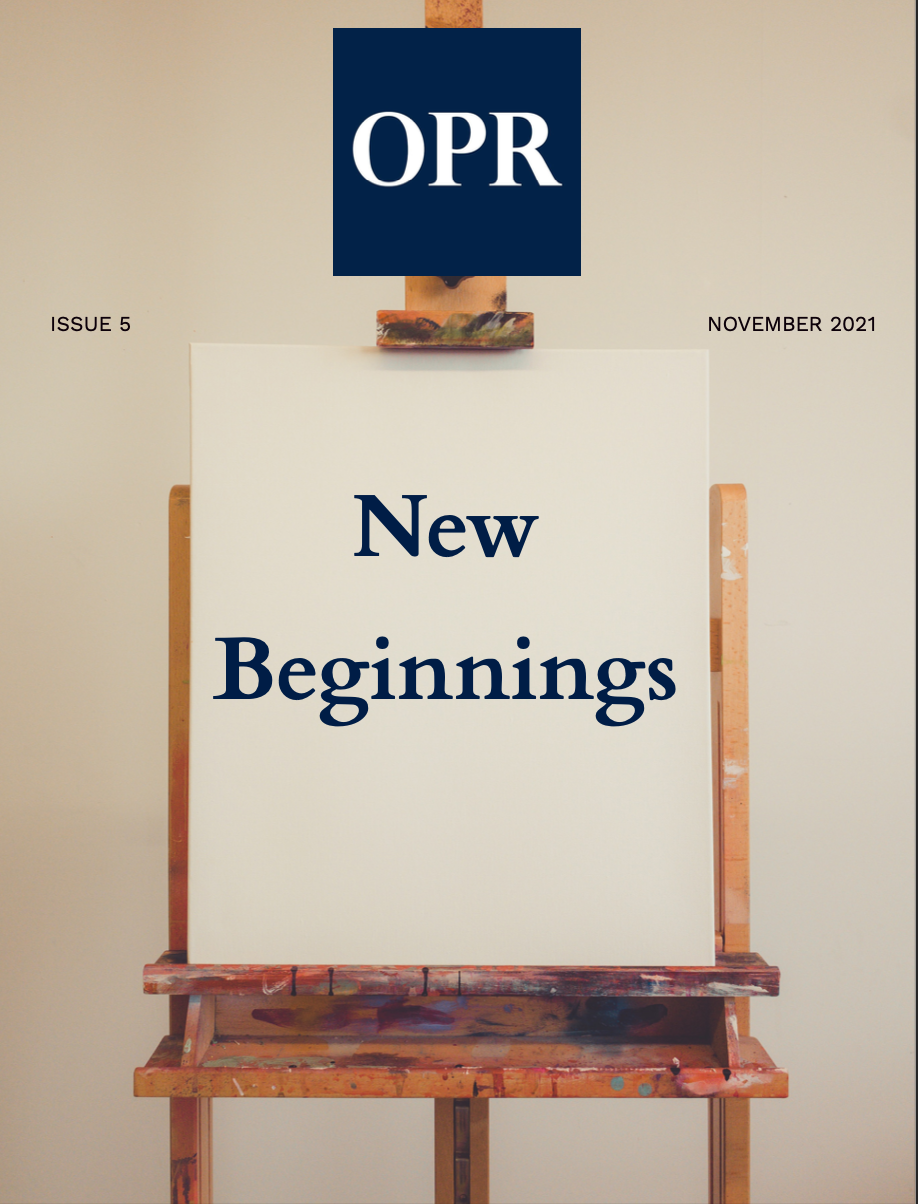Click here to view our latest issue.
When Covid-19 first struck, all our knowledge of the outside world seemed to reach us through data. Charts, graphs, tables and visualisations were the new language of global politics, with analysis of different countries boiling down to a scorecard of their pandemic performance.
Where were cases highest? Where were they out of control? Where were people getting vaccinated fastest, and where were hospitals overwhelmed? Which governments best supported the economy, and which let people down? Who was allowed to move between borders, who wasn’t, and why? These were the new contours of politics journalists and politicians obsessed over.
Now, as we emerge from the pandemic, political discourse has evolved from this contorted view of the world. Like observing an experiment in an incubator, looking at countries standing still with people locked down in their homes proved a useful way to understand our societies and their robustness.
We got a firmer impression of how societies work – who they work for, and who they don’t work for. We got a sense of what really matters, and what we can live without. We know more about how government works, the full extent of its powers, and its weaknesses.
As many countries attempt a return out of the pandemic to normalcy, this, our fifth issue, explores novel insights about the world observers have found along the way.
The pandemic stretched national constitutions to their limit, with many governments forcing through legislation to arrogate power to themselves, effecting a permanent change in the dominance of state over individual. Shai Agmon looks at a controversial law change in Texas that critics have called unconstitutional.
The pandemic also forced many of us into new working patterns – changing the relationship between employer and employee and prompting a re-examination of what counts as work and what doesn’t. Darcey Bowling looks at how the division of household labour has changed among families forced to stay at home during lockdowns.
Those changed worked patterns caused many big cities to see an exodus of citizens, flocking to roomier, greener rural locations to enjoy a higher quality of life. The future still looks uncertain for many capital cities, whose rise and growth are no longer considered inexorable. George Richmond explores how the conversation around urbanisation has changed.
The plunge in economic output experienced in many countries at the start of the pandemic caused great uncertainty and threatened economic devastation. But it has prompted some to question whether a return to a normal level of economic growth is desirable, let alone achievable. Nazmus Sakib Khan and Nafisa Islam Fariba look at how economic policy-making can be realigned towards a model of social business.
Contemptuously dubbed the “China virus” by President Trump from the moment it reached US shores, the coronavirus pandemic has served as a reminder of already-mounting hostility between the West and China. Stephen Nagy looks at how perceptions between the US and China have become less nuanced, and more hyperbolic.
The pandemic has also exposed just how far inequalities stretch between different classes, races and territories, prompting national conversations about the role prejudice continues to play in shaping relative prospects, as well as sparking a counter-movement opposing the politics of identity. Mats Licht discusses activism, pedagogy and identity politics with Professor Henry Giroux.
Finally, the pandemic made us question the effectiveness of our systems of government. How does information flow through the organism of the state and how are decisions made? How is power distributed between a centralised body and its local arms, and what is the right barometer for success? OPR co-founder Brian Wong weighs up the merits and demerits of systems of power in China and how provincial leaders seek to boost their performance in key metrics as they vie for the top positions.
All of these pieces make for fascinating reading and I commend them to you. I’d like to thank all on the OPR team for putting this issue together, and everyone who took the time to make a submission to us. OPR continues to grow with each week that passes, and I’m grateful for everyone who has supported us on this journey.
Simon Hunt
Editor
Click here to view our latest issue.

